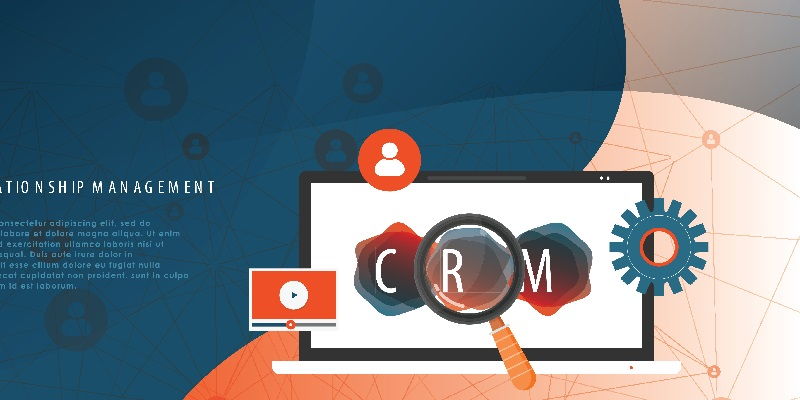In today’s competitive market, customer relationship management (CRM) has become a fundamental tool for organizations to strengthen their customer interactions. This article explores the adoption, spending, and satisfaction levels of CRM in various areas and industries, highlighting key findings that provide insights into the current state of CRM implementation.
Adoption of CRM in Different Areas
One of the most significant findings from recent surveys is the widespread adoption of CRM across multiple areas. Seventy percent of surveyed organizations have embraced CRM for customer service, while 64% have adopted it for B2B marketing automation and sales force automation (SFA). Additionally, 62% of organizations have implemented CRM for field service management. These statistics demonstrate how organizations recognize the value of CRM in improving various aspects of their business operations.
However, CRM adoption does vary across industries. For instance, 71% of manufacturers have adopted CRM, while 75% of business services firms have incorporated it into their operations. This discrepancy highlights the importance of industry-specific considerations when implementing CRM strategies.
Increase in CRM Spending
According to the surveys, 57% of organizations indicated that they plan to increase their spending on CRM in the next 12 months. This emphasizes how organizations recognize the importance of investing in CRM to drive business growth. As customer expectations continue to evolve, organizations understand the need to enhance their CRM capabilities to provide exceptional customer experiences.
Focus on Improving Customer Experience
The customer experience (CX) plays a crucial role in today’s business landscape. Seventy-five percent of global business and technology professionals have identified improving the customer experience as a high priority for their organizations. This demonstrates the recognition of CX as a key factor in achieving business success. By leveraging CRM tools, organizations can gain deeper insights into customer preferences and behaviors, allowing them to deliver personalized experiences and build stronger relationships.
Key Business Drivers for CRM Adoption
When it comes to technology purchases, CIOs play a significant role in decision-making. CIOs consider improving efficiency, productivity, and effectiveness as primary business drivers behind their technology purchases. CRM solutions offer these benefits, providing organizations with opportunities to streamline their processes, increase productivity, and optimize their sales and marketing efforts.
Satisfaction and Vendor Loyalty
Despite the adoption and importance of CRM, organizations’ satisfaction with their current CRM solutions is relatively low overall. However, vendor loyalty remains high. This suggests that while organizations may not be fully satisfied with their current CRM software, they are still hesitant to switch vendors due to various reasons, such as vendor relationships, integration challenges, and operational disruption.
Future Plans and Outlook
Despite the overall low satisfaction levels, the majority of organizations surveyed plan to remain with their current CRM vendor. This commitment indicates the organizations’ willingness to work with their existing vendor to improve their CRM experience. However, it also underscores the need for continuous evaluation and improvement of CRM initiatives to bridge the satisfaction gap.
CRM adoption has become widespread across organizations, with many recognizing its significance in enhancing customer service, marketing automation, sales force management, and field service. As businesses strive to meet evolving customer expectations, investing in CRM has become a priority. However, organizations need to carefully evaluate their CRM solutions and address any dissatisfaction to unlock its full potential. By continuously improving CRM strategies, organizations can cultivate stronger customer relationships and gain a competitive edge in the ever-changing business landscape.

